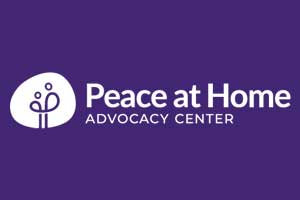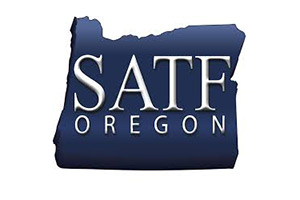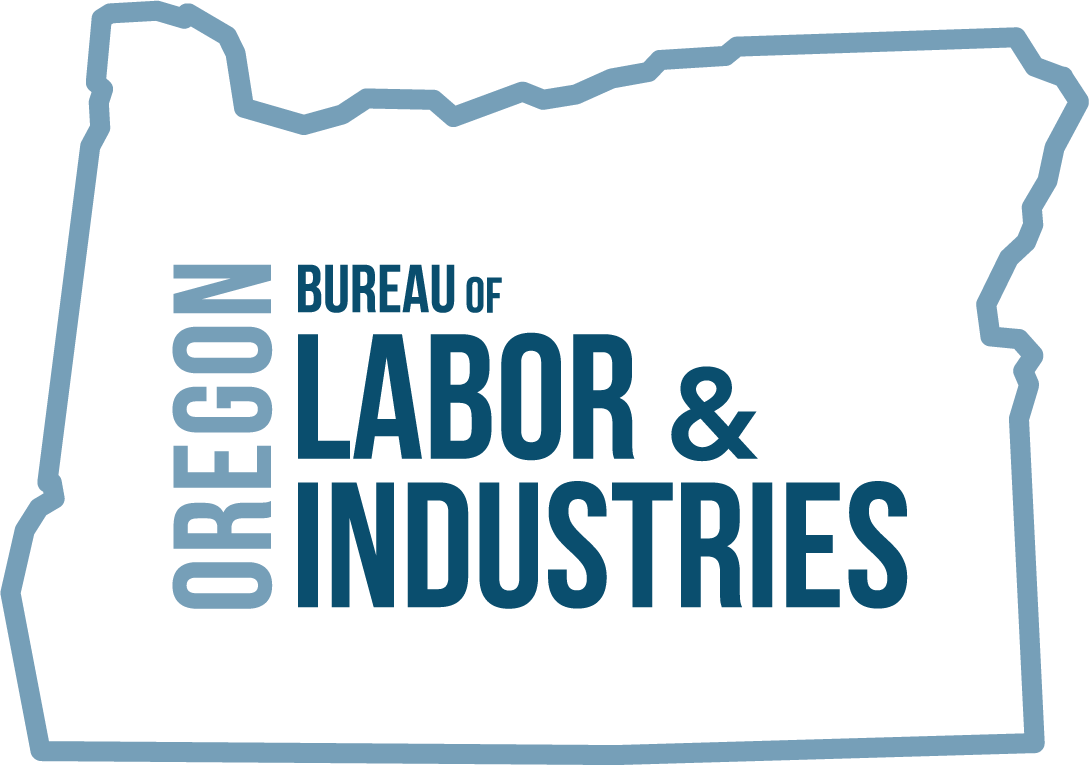Title IX – Prohibition of Sexual Harassment Under Title IX
UCC is committed to providing an academic and work environment free of unlawful sex harassment under Title IX. We comply with Title IX. This is a federal civil rights law:
“No person in the United States shall, on the basis of sex, be excluded from participation in, be denied the benefits of, or be subjected to discrimination under any education program or activity receiving federal financial assistance.”
UCC protects and supports the 1972 Educational Amendments of Title IX. We work to:
- Prevent hostile environments on the basis of sex.
- Prohibit sexual harassment and sexual violence.
- Foster support for reporting incidents of sexual harassment, without fear of retaliation.
- Investigate and notify the college community of serious or ongoing threats.
- Prevent a recurrence.
Effective August 14, 2020, the U.S. Department of Education issued new regulations for colleges and universities that address sexual assault and other sexual misconduct. Please see Understanding New Title IX Changes for details. These regulations cover certain specific forms of sexual misconduct and jurisdictional requirements. If the alleged behavior does not meet the criteria or the jurisdictional requirements, the case will be “dismissed” and referred to other existing UCC policies for adjudication.
UCC’s “Prohibition of Discrimination, Harassment and Retaliation” policy covers other forms of sexual harassment and gender-based discrimination when an employee is involved or a third party (eg. vendor or volunteer).
When students are involved (no employees), the Student Code of Conduct will be the guiding document.
UCC works to prevent and remedy the effects of all forms of discrimination, harassment and retaliation regardless of those involved.
If you are unsure if a violation occurred or don’t know which policy applies, submit a report.
More Information
- UCC Board Policy #3433: Prohibition of Sexual Harassment Under Title IX
- UCC Administrative Procedure #3433: Prohibition of Sexual Harassment Under Title IX
- UCC Administrative Procedure #3434: Responding to Harassment Based on Sex under Title IX
- Title IX Coordinator Materials (NASPA)
- Title IX Coordinator Materials (ATIXA)
Pregnancy
Umpqua Community College supports workers and students who have health conditions related to pregnancy and childbirth, including expressing milk. Employees should contact Human Resources (541)440-7690. Students should contact Accessibility Services (541)440-7900 for information regarding academic accommodations (may include special services, excused absences, leaves of absence, etc.) and:
- how to request accommodations
- the process used to determine appropriate academic adjustments/special services
- appeal process
- an explanation of the process involving a fundamental alteration of a program or activity
Lactation Room on campus is located in the Bonnie J. Ford Health, Nursing and Science Center (HNSC) – first floor. The door is kept locked for privacy concerns. Please see any staff member to unlock the door.
Definition of Sexual Harassment
Sexual harassment under Title IX means conduct on the basis of sex that one or more of the following:
-
- A UCC employee conditioning the availability of educational aid, benefit or service
on another person’s participation in unwelcome sexual conduct (also called “quid pro quo harassment”); - Unwelcome conduct that a reasonable person would determine to be so severe, pervasive, and objectively offensive that it effectively denies a person equal access to a UCC education program or activity;
- Sexual assault, which is defined as an offense classified as a forcible or nonforcible sex offense under the uniform crime reporting system of the Federal Bureau of Investigation, and includes:
- Rape
- Sodomy
- Sexual Assault with an Object
- Fondling
- Incest
- Statutory Rape
- Dating violence, which means violence against a person who is or has been in a social relationship of a romantic or intimate nature with the victim. The existence of a relationship will be determined based on a consideration of the following factors: the length of the relationship, the type of relationship, and the frequency of interaction between the persons involved in the relationship.
- Domestic Violence, which means violence committed by:
- A current or former spouse or intimate partner of the victim;
- A person with whom the victim shares a child in common;
- A person who is cohabitating with, or has cohabitated with, the victim as a spouse or intimate partner;
- A person similarly situated to a spouse of the victim under the domestic or
family violence laws of Oregon; or - Any other person against an adult or youth victim protected from that person’s
acts under the domestic or family violence laws of Oregon.
- Stalking, which means engaging in a course of conduct directed at a specific
person that would cause a reasonable person to fear for his/her/their safety or the
safety of others or suffer substantial emotional distress.
- A UCC employee conditioning the availability of educational aid, benefit or service
Consent
Please See UCC’s Statement on Consent
Please watch “Consent Tea” for a simplistic comparison between sex and tea. While the complexities of consent are not covered, it’s a good beginning to start a conversation and to think about affirmative consent.
Filing a Report
When should I file a report of sexual harassment? You should file a report of sexual harassment if you are a UCC student, staff, or faculty member, or are a student or employee applicant and believe:
-
-
- You are being subjected to sexual harassment
- You have witnessed sexual harassment
- You have knowledge of sexual harassment
-
A report of sexual harassment may be made at any time, including during non-business hours, by submitting the Title IX Reporting Form or sending an email to the Title IX Coordinator or Deputy Coordinator listed below.
-
-
- Title IX Coordinator, Mary Flaherty, 541-440-7763 (Oregon Relay TTY: 711)
- Executive Director of Human Resources and Deputy Title IX Coordinator, Jennifer Silva 541-440-4690
-
Who else can I tell?
Report the situation to an Official With Authority (OWA). OWA’s at UCC include:
-
-
- Vice President for Academic Services
- Vice President for Student Services
- Dean of Learning and Support Services
- Dean of Community Education and Partnerships
- Director of Human Resources
- Compliance Officer
- Chief of Security
- Director of Athletics and Events
- Assistant Athletic Director
-
The grievance procedures can be found online at “Responding to Harassment Based on Sex Under Title IX” (AP#3434).
What Happens After I Submit a Report?
When a report of sexual harassment is made under UCC’s policy, the Title IX Coordinator (or designee) will:
- confidentially contact the complainant to offer supportive measures, consider the complainant’s wishes with respect to supportive measures, and inform them of the availability of supportive measures with or without filing a formal complaint;
- explain the process for how to file a formal complaint;
- inform the complainant that any report made in good faith will not result in discipline; and
- respect the complainant’s wishes with respect to whether to investigate unless the Title IX Coordinator determines it is necessary to pursue the complaint in light of a health or safety concern for the community.
What Are Supportive Measures?
UCC will make available supportive measures with or without the filing of a formal complaint. These supports will be available to both parties. These supports are non-disciplinary and non-punitive individualized services designed to offer support without being unreasonably burdensome. They are meant to restore access to education, protect student and employee safety, and/or deter future acts of sexual harassment. Supportive measures are temporary and flexible, based on the needs of the individual and may include counseling, extensions of deadlines or course-related adjustments, restrictions on contact between parties (must be applied equally to both parties), leaves of absence, and increased security and monitoring of certain areas of the camp
Community Resources
For all people who have experienced family violence, sexual violence or stalking …
Peace at Home Advocacy Center
Crisis Line: (541) 673-7867 or (800) 464-6543
On-campus Confidential CARE Advocate – Website
UCC Deskline: (541) 440-7688
[email protected] or [email protected]
Douglas County Sexual Assault Response Team
Local 541-673-7867
Toll Free Hotline 800-464-6543
Sexual Abuse Recovery Centers – Website
Toll Free Hotline 888-988-8077
Victim Connect Resource Center
Provides assistance/referrals for stalking and other crimes
1-855-4-VICTIM (842846) https://victimconnect.org/get-help/
National Domestic Violence Hotline
1-800-799-SAFE (7233) http://www.thehotline.org/
National Sexual Assault Hotline (RAINN)
800-656-HOPE (4673) https://www.rainn.org/
Male Survivors
http://www.malesurvivor.org/index.php
Futures Without Violence
https://www.futureswithoutviolence.org/
Safe Helpline for Military Service Members
https://www.safehelpline.org/
Know Your IX
http://KnowYourIX.org
It’s On Us Campaign
http://www.itsonus.org/
Campus Information
View / Download the Sexual Assault Task Force Poster
View / Download the Sexual Assault Task Force Flyer


